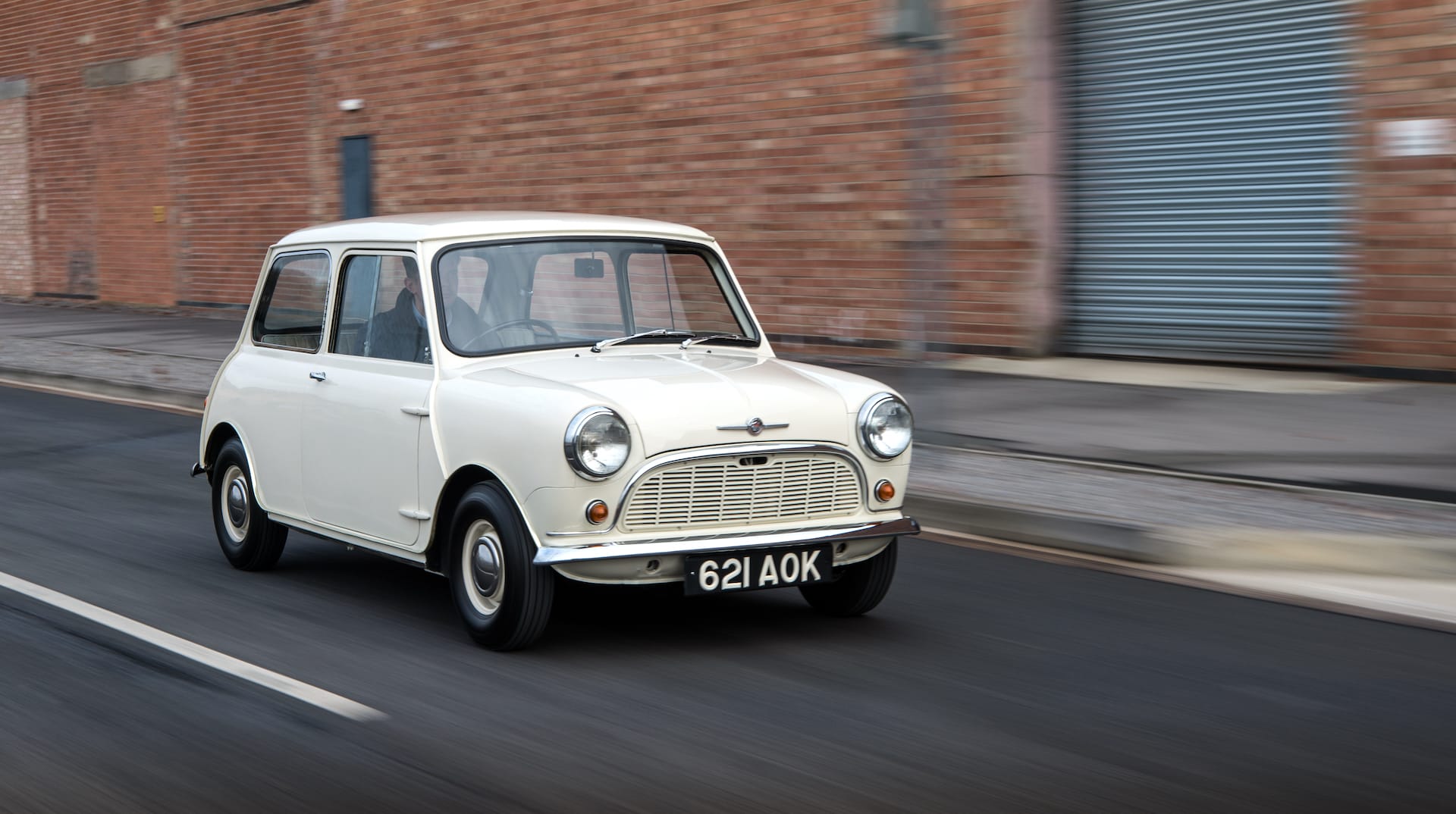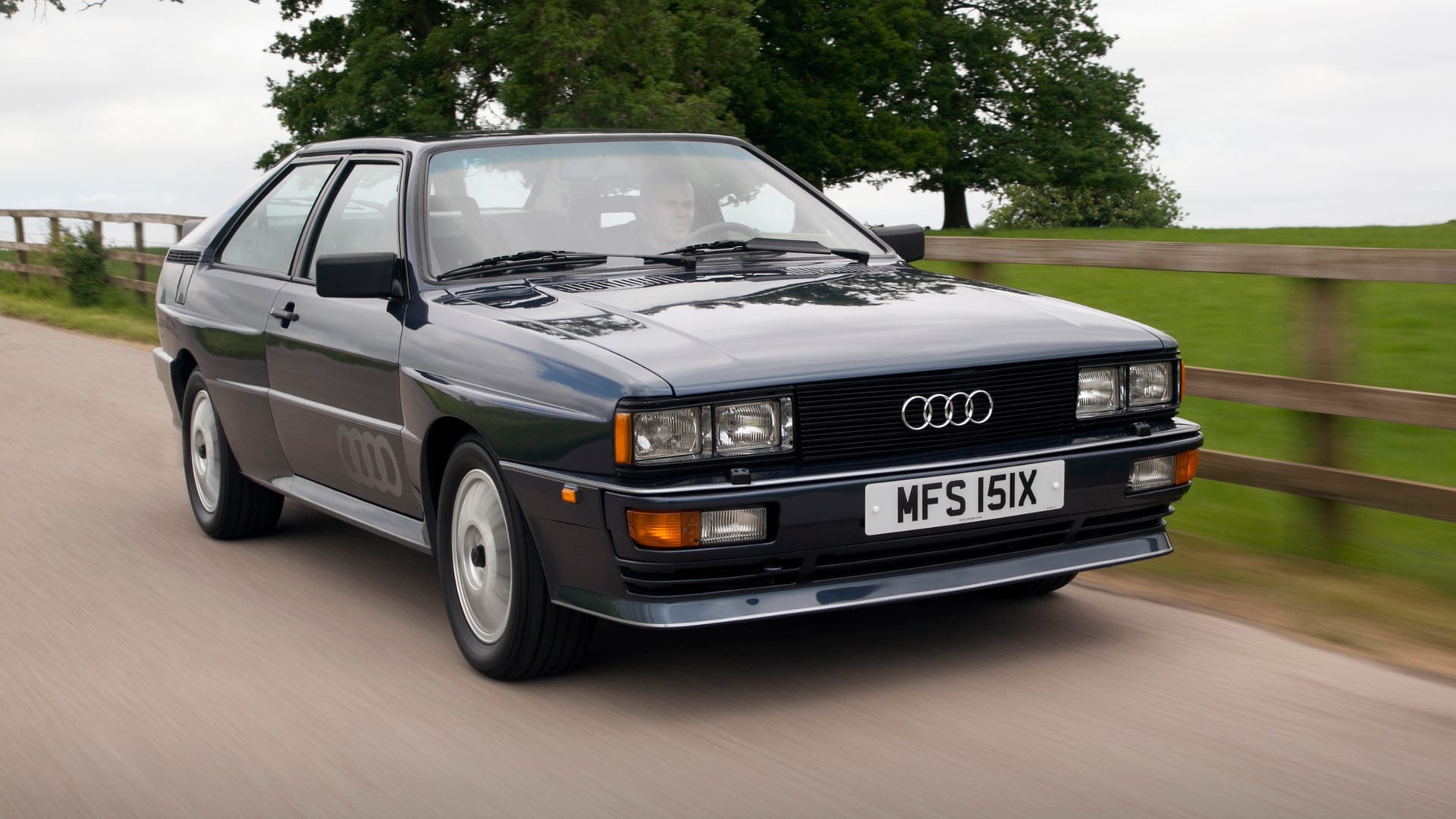New research from the specialist vehicle sector shows driving a classic car is likely to be better for the environment.
The study forms part of the Indicator Report, compiled by car insurance provider Footman James.
It finds that although a modern car may offer lower emissions, the intensive environmental cost of production often negates these savings.
Less use equals lower emissions

Data from the Indicator Report notes that the average classic car in the UK is driven 1,200 miles each year. This results in a total of 563kg of CO2 emissions being generated from the tailpipe.
In comparison, building a typical new family car like a Volkswagen Golf generates 6.8 tonnes of CO2 emissions. It means a new vehicle starts life with a substantial carbon debt before it even turns a wheel.
Footman James says that battery-electric vehicles have even more of an impact in terms of an average carbon footprint. The Polestar 2 is said to generate 26 tonnes of CO2 during its production.
Such a figure would take a typical classic car some 46 years of use to match.
Classic owners care about the environment

The Indicator Report also finds that the majority of classic car owners do care about environmental matters.
Some two-thirds of enthusiasts say climate change is a concern, with 52 percent open to carbon emissions offsetting.
Managing director of Footman James, David Bond, said: “The Indicator Report is extremely useful in determining how much of an impact our beloved classics have on the environment. It’s easy for one to assume that classic cars are more damaging simply because of their older and less efficient engines. However, the data in this report disproves that theory.
“It’s really about how these vehicles are maintained and used. It is clear that while new modern and electric cars might seem better for the planet day-to-day, the problem is how much of an impact their production causes.
“Speaking to our audience, we’re glad to discover that a substantial portion is concerned about the effects of climate change, and many would sign up for emissions offsetting schemes. The future of classic cars is in our hands, and we must do everything we can to ensure they stay on the road.”
ALSO READ:
New data shows less than 1 in 10 classic car owners are women


